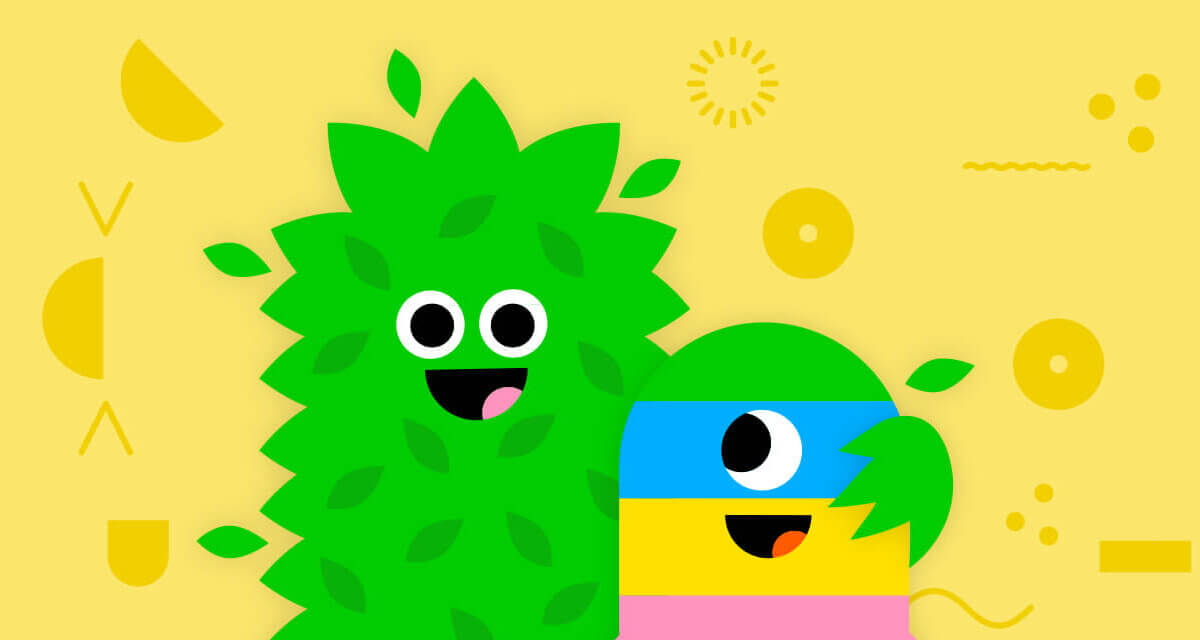In fact, your kid may just be more creative than you are.
- By
- Parker Barry
Many social critics express alarm about 21st-century kids. Kids’ growing reliance upon technology for everything including learning and play, the critics warn, will hamper imagination and ingenuity. Can today’s kids deal with life’s many environmental, educational and socio-political stressors?
My experience as a child psychologist gives me a different perspective. I have seen kids with more varied interests in the past decade than at any other time in the past. While there are kids who may spend a disproportionate amount of their time engaged in screen-based activities, I encounter more who are captivated by activities like cooking, computer programming, video production, entrepreneurship, clothing design and other creative pursuits. I find myself wondering whether kids growing up in the digital age are actually more creative than kids from previous generations.
I have seen kids with more varied interests in the past decade than at any other time in the past.
Should parents push practice — or play?
It’s important to think about why this is and what parents can do (or not do) to encourage this creativity and playfulness. Adam Grant addresses these issues and others in an enlightening New York Times article. In “How to Raise a Creative Child. Step One: Back Off,” Grant suggests that the most creative students are not necessarily those who are child prodigies or whose parents forced them to practice selected skills repeatedly. Instead, he notes that creativity is generally enhanced by a playful approach where learning is made fun and children are able to find their own values and interests.
Grant asserts that creative kids are more likely to engage in a variety of play activities rather than focusing their efforts on just one hobby. “Nobel Prize winners,” he points out, compared with other scientists, “are 22 times more likely to perform as actors, dancers or musicians, 12 times more likely to write poetry, plays or novels; seven times more likely to dabble in arts and crafts; and twice as likely to play an instrument or compose music.”
From this perspective, play can be understood as more important than practice for innovation and problem solving. There is a commonly accepted rule derived from the research of psychologist Anders Ericsson, Ph.D. — recently popularized by Malcolm Gladwell — that spending 10,000 hours on a particular subject makes one an expert. Ericsson’s original theory was that “deliberate practice” was more important than innate talent in “the acquisition of expert performance.” But there is some question as to whether expertise alone leads to innovation, advancement and creativity. In his New York Times article, Grant argues that creativity does not come from repeated practice but from opportunities to try out new things and to be engaged in a variety of activities. “Practice makes perfect,” he writes, “but it doesn’t make new.”
Creativity is generally enhanced by a playful approach where learning is made fun and children are able to find their own values and interests.
Fewer rules, more creative kids
Parenting styles play a role in enhancing creativity as well. Grant describes a 1989 study (notably before the digital revolution) that found the most creative kids came from families that held up one basic rule rather than the average of six rules found in less creative families. Grant proposes that having a limited number of rules encourages kids to think on their own.
These findings can also be interpreted to suggest that kids who get the opportunity to develop executive functioning, social-emotional learning (SEL), and problem-solving skills are more likely to be creative. So, parents who won’t let their kids go outside or try something new out of fear for their safety may be inhibiting their kids’ natural creativity.
Creativity requires risk, plain and simple, and it should be fun, energizing and voluntary. I would also argue that playfulness is crucial. When kids (or adults) are enjoying what they’re doing or at least don’t take it too seriously, they are more likely to be enthusiastic, sustain attention and overcome frustration. Kids who are encouraged to engage in a variety of play activities are likely to display more creative expression.
Creativity requires risk, plain and simple, and it should be fun, energizing and voluntary.
Help kids find balance
With all that being said, in today’s highly competitive, digital world, there are incredible pressures on kids to succeed, as well as many powerful distractions that can take them away from the stressors of their daily life. As kids enter their teens, some strive to become “experts,” focusing on sports, musical talents or tech skills, while others turn to drugs or too much passive screen time. Some kids are driven to create a resume that will get them into the best college, so they have little time left for play.
Other kids, less guided by their parents, may focus too much of their attention on a screen and ignore the variety of play activities that leads to creativity and better psychological adjustment and contentment. Though Grant’s article is informative and enlightening, rather than simply suggesting that parents “back off,” perhaps parents should be encouraged to exert some gentle guidance and modeling, to help kids find a healthy balance of play and discipline in their life.
Randy Kulman, Ph.D., is a licensed clinical psychologist and founder and CEO of LearningWorks for Kids.







